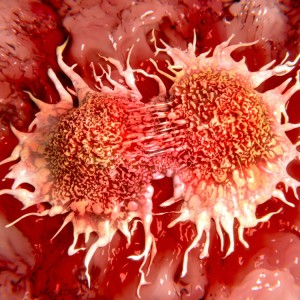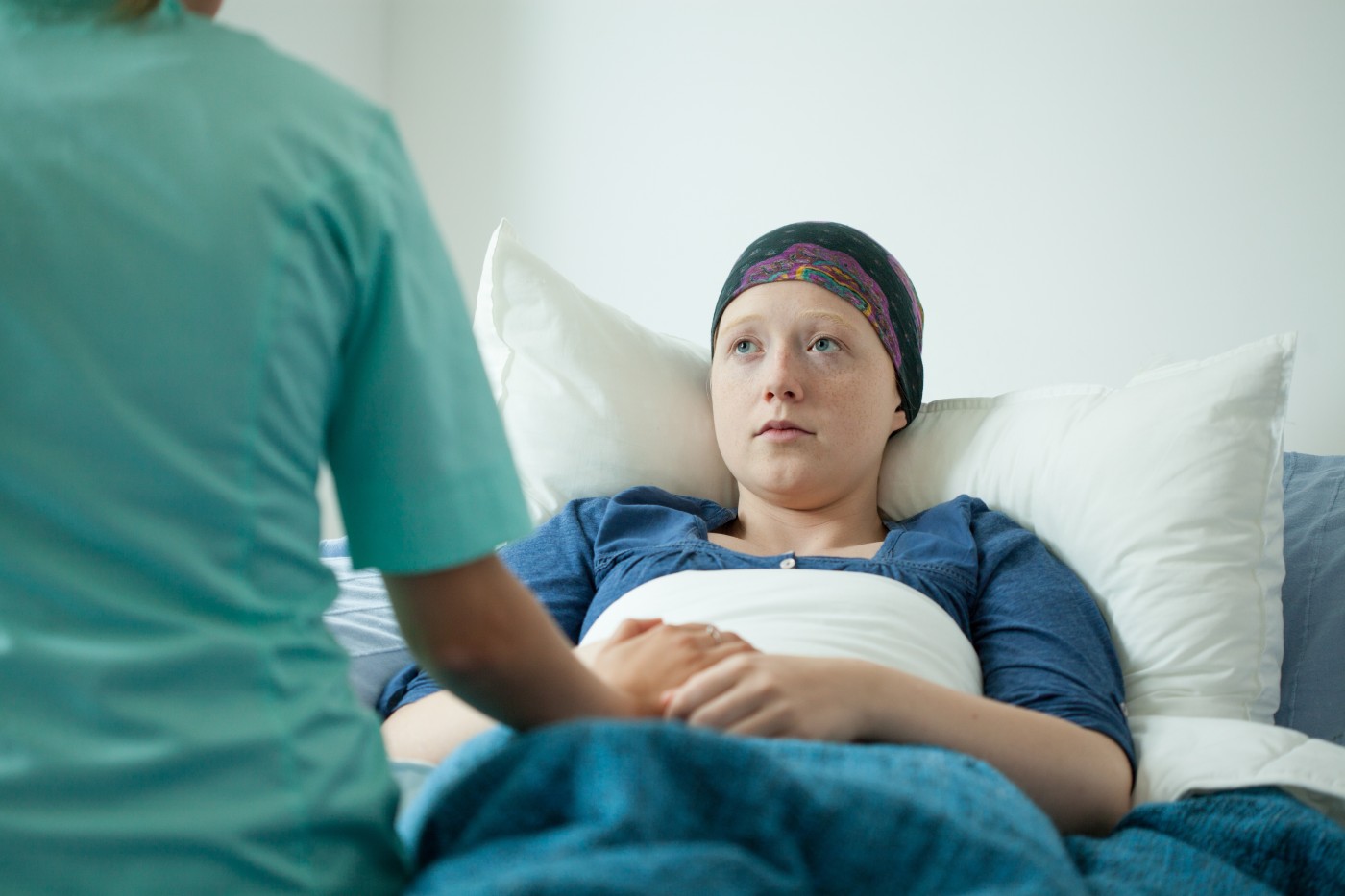 Women who suffer from breast cancer also worry they may carry a genetic preposition to develop other types of cancer or may pass their genetic heritage to their children, according to a study conducted at the University of Michigan Comprehensive Cancer Center.
Women who suffer from breast cancer also worry they may carry a genetic preposition to develop other types of cancer or may pass their genetic heritage to their children, according to a study conducted at the University of Michigan Comprehensive Cancer Center.
The research revealed that 35% of breast cancer patients want to undergo a genetic test, despite the fact that 43% of them have not discussed it with a health care provider.
The study “Concerns About Cancer Risk and Experiences With Genetic Testing in a Diverse Population of Patients With Breast Cancer,” which was published in the Journal of Clinical Oncology, explored the genetic risk associated with cancer and the related fear faced by women. “Our findings suggest a marked unmet need for discussion about genetic risk,” said the study author Reshma Jagsi, M.D., D.Phil.
“With recent judicial opinions, direct-to-consumer marketing, and celebrity reports, the public has become much more aware that genetic testing is available. But genetic risk is complex. Even patients unlikely to have elevated genetic risk may still benefit from a discussion,” continued Dr. Jagsi, who is also an associate professor of radiation oncology at the University of Michigan Medical School.
Inherited genetic mutations are present in 5 to 10% of all breast cancer patients, however, several women evaluated during the study who said they were interested in genetic examination in fact had a low risk of actually carrying the mutation. This study also generated important data on ethnicity, since racial minorities that reported a stronger will for testing were also less likely to discuss it with a physician, despite the fact that minority patients seem to have a higher predisposition for the associated mutations.
[adrotate group=”3″]
The study included 1,536 women who were being treated for breast cancer and were enrolled using the Surveillance, Epidemiology and End Results databases from Detroit and Los Angeles. “By addressing genetic risk with patients, we can better inform them of their true risk of cancer returning or of developing a new cancer. This could potentially alleviate worry and reduce confusion about cancer risk,” added Dr. Jagsi.
The authors noted the importance of communication between a health care professional and patients, since women with a higher genetic risk are more likely to suffer a second breast cancer diagnosis and should discuss more aggressive therapeutic options, prevention or additional screening.

